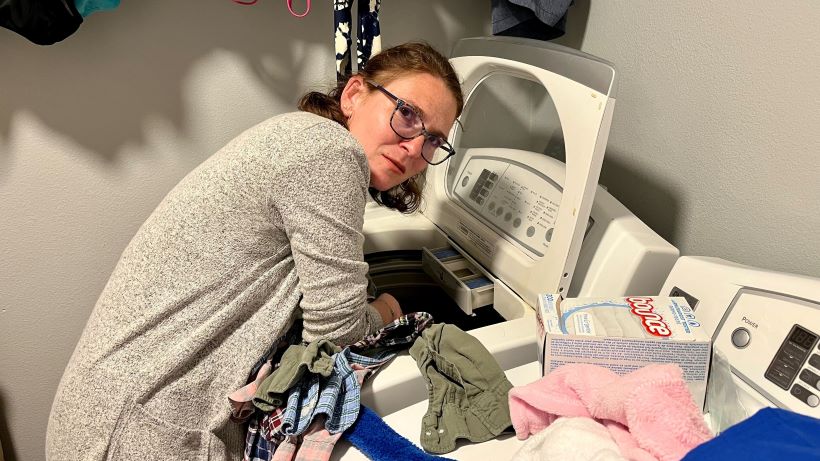Wouldn’t it be nice to get results without putting in the work? Sometimes we call this “magical thinking.” I often wish I could find an easy way out of certain tasks. Whether it’s doing the dishes or changing the bed linens, I wish I could access my inner Samantha from Bewitched and simply wiggle my nose to have everything back where it goes. When I’m nagging the kids to clean their rooms, I wish the magic of Mary Poppins would somehow descend upon our house to get us to the finish line. And do I really have to work out and eat sensibly? Why isn’t healthy living easier? As we learn over the years, results don’t come by magic; they come by putting in the hard work, by gritting your teeth through that last mile, or by bringing in one more bag for trash in the almost clean room.

On the positive side, there’s much more satisfaction to be had from the end of hard work than if no work was required. There are also lessons that can only be learned through putting in the time to accomplish something. The accolades you receive for something you’ve completed feel even better when you know your participation helped get it done. We see this in the Torah too, including when Moses finally takes ownership of his leadership role and when the builders of the Tabernacle take pride in their artisanship.
As we read Parshat Naso this week, we see the Israelite society trying to move forward after leaving Egypt and establish a successful community. The narrative picks up with a second counting of the people; laws about how we are to treat one another and the property that we own; the blessing of the priests to the people; and the laws of the Nazir, detailing how we might dedicate ourselves directly to God.
In this section of the narrative, the Israelite nation is ready to move, and they’re working to situate the Tabernacle, the heavy ark constructed of gold and wood, which carries the tablets of stone that God inscribed. This was no lightweight piece of furniture. To move it required all hands on deck. The language suggests that the Levites, those non-land holders, the helper people of the nation not often described as physically strong, were to portage the Tabernacle on their shoulders.
This protected group, for whom the community is supposed to provide, is commanded to take on physical labor for the people. Noting how this physical labor contrasts with their normal roles of washing feet, the Kotzker Rebbe, the great Polish leader and scholar, comments, “One does not acquire the least spark of holiness without effort.” In other words, doing the work is what opens the Levites up to understanding the divine.
So too for us, doing the work allows us to find moments of sanctity, togetherness, and pride in a job well done. To achieve the reward of holy community, or perhaps even any reward at all, we’ve got to do the work. Get dirty, get a little bit sore, and don’t wish away the social and personal growth that’s just as gratifying as the finished product.



